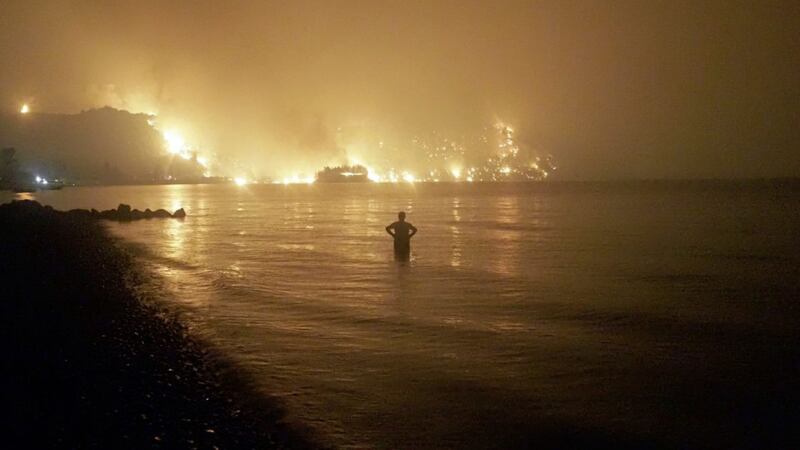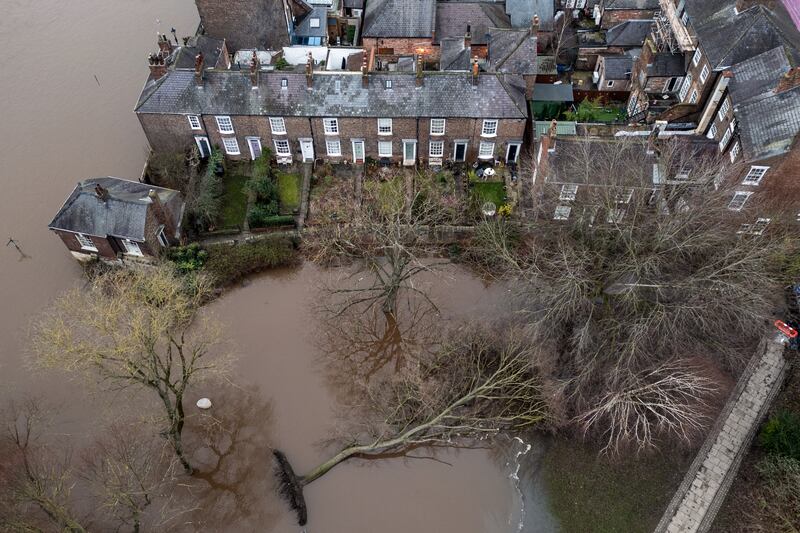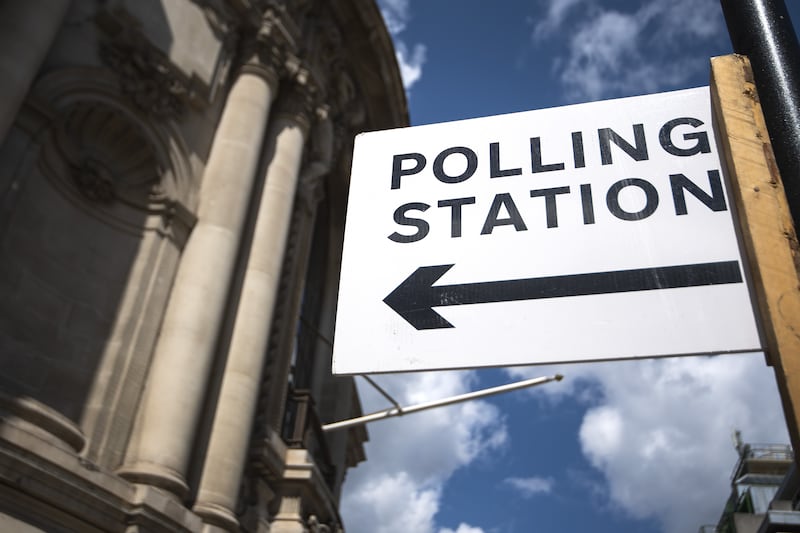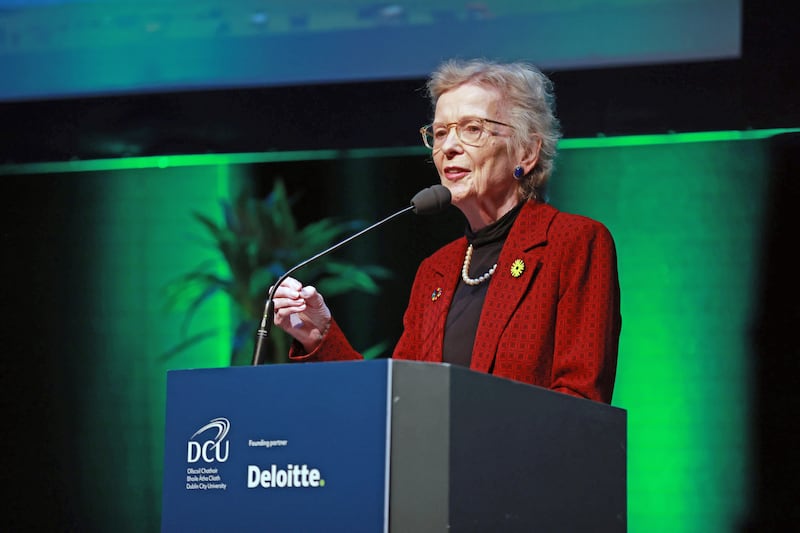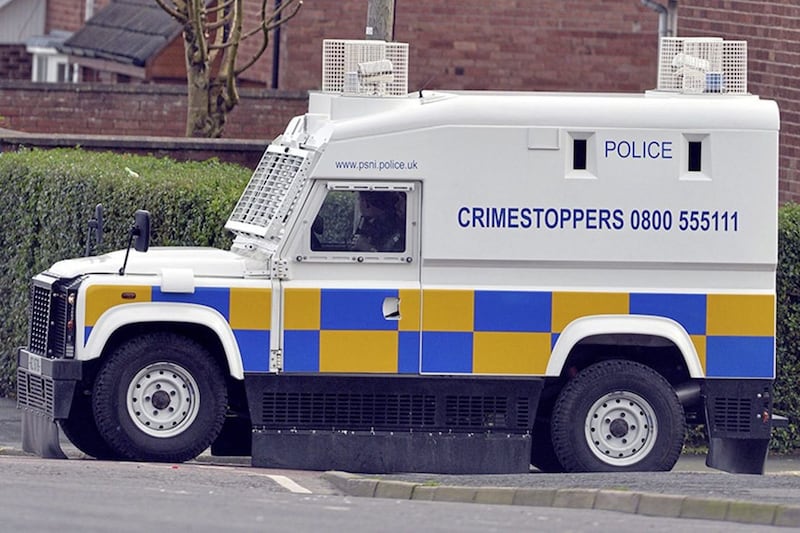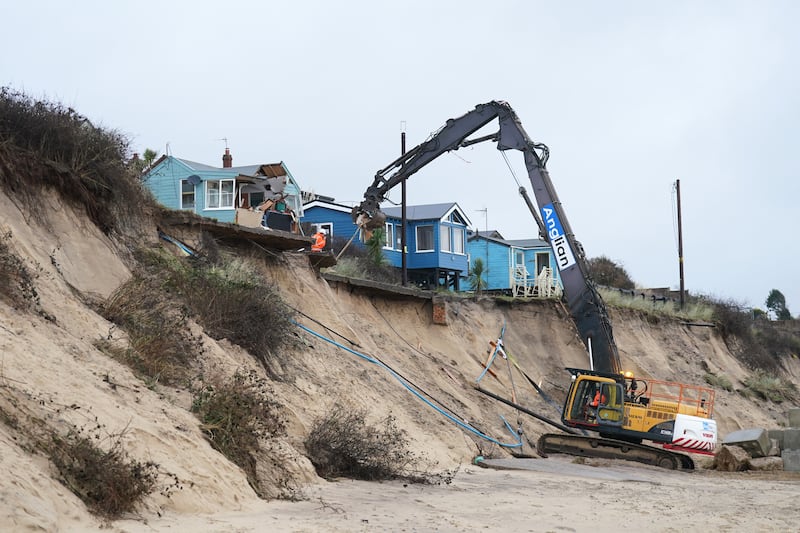WE are living on the edge of huge historical change. Our common home, indeed our only home - this planet - is under threat.
Our lifestyles, and the economies which support them, are contributing significantly to climate change and to the crisis it is causing: the many wildfires raging in these days, the melting of the polar caps, the rise of sea levels, the loss of biodiversity and the depletion of the soil on which life depends.
The future of life on this earth, which God created and which "he saw was good" (Genesis 1:21, 25), hangs in the balance. Humans are unequivocally driving global warming. It is beyond doubt that climate change is being caused by what we have done - and continue to do - in upsetting nature's equilibrium and balance.
Over the past 18 months, the Covid-19 pandemic has brought home to us - in frightening and tragic ways - the fragility of our lives, and how fleeting are many of the networks on which we have come to depend.
Our planet and its social organisation are as fragile as they are complex. What we need to realise is that, over the coming decades, the issues currently arising from climate change will impact far more on us than those from the coronavirus pandemic. Indeed, the havoc of the pandemic will pale when compared to that of climate change.
In my pastoral letter, The Cry of the Earth, the Cry of the Poor, I approach the climate catastrophe from the perspective of faith.
That is not to say, it excludes the insights and contribution of the natural sciences. On the contrary, healthy faith takes on board what God says through creation. Faith and science are not opponents; in a truly Christian view, faith and reason - fides et ratio - go hand in hand.
God reveals himself through the world. That is the heart of our Catholic faith. Scientists have issued a 'code red' not just for the environment, but for humanity itself.
God now calls us, individually and collectively, to work for the good of the planet and the good of all. Let us not fool ourselves: there can be no enduring response to the cry of the earth without responding to the need for justice and dignity.
This pastoral is an extended engagement with the vast and complex reality of climate. It seeks to dialogue with the varied views and voices, both religious and cultural, which seek to cast light on the crisis.
All too often 'religion' appears as if it is no more than an intellectual failure of nerve. However, true religion is not a flight from the world: faith that is alive provides a framework for people to make decisions and take action.
As a Church, and as a society, we need to reflect with greater depth, urgency, and seriousness about what we must do.
This extensive pastoral is in the service of that deeper reflection. If not for your own sake, then for the sake of your children, and for the world's children, consider dedicating some time to the issues raised in its pages.
It is important to be clear: there is a cost in addressing the climate crisis. As well as financial cost, we will have to embrace lifestyle change. It requires many perspective shifts - political, social, economic and ecclesial.
The challenge is to discover how we can live more sustainably, more responsibly, and more humanly in our common home.
Christ came not only to call us to a new way of living, but He came to empower us to live in that new way. Christ has not left us; our Lord has not abandoned us, for - in the words of Pope Francis in Laudato Si': "Christ has united himself definitively to our earth, and his love constantly impels us to find new ways forward."
May Christ's faith and courage, give us the hope and strength to embrace what we now have to do, in the face of what has become humanity's defining challenge.
